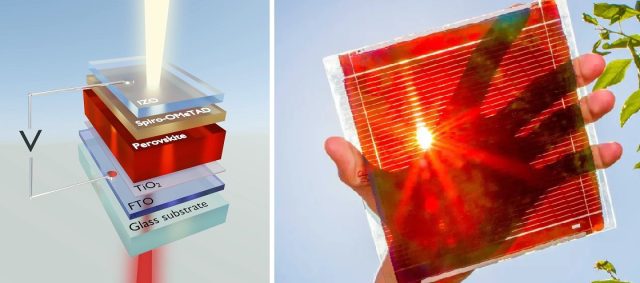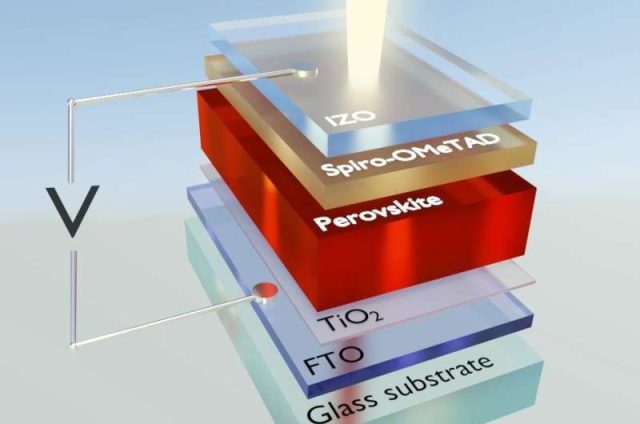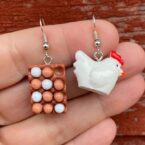Photovoltaic cells are the most traditional ones used in generating energy from solar power, but they are also expensive to install. They also make use of rare resources, so might not be sustainable for a long period.
New scientific experiments have resulted in a substitute material for photovoltaic cells, called perovskites and it might just be the future of solar power generation. The class of materials is lightweight, cheap, and can be installed on a variety of surfaces. Perovskites have a crystal structure and contain a variety of elements. Since they also contain metals, they are perfect to be used in photovoltaic applications.
Once these particles are struck by light, they will generate electricity, and the electrons moving from one molecule to the other become carriers. Then the electrons will produce electricity after being directed along a wire. Traditional solar cells use silicon to produce the photovoltaic effect, and the silicon must reach extreme temperatures which means these cells are harder to produce.
Perovskites are much easier to make, since they can require moderate conditions, so it is worth keeping an eye out for them when it comes to the future of solar power.
How efficient are perovskite solar cells?
Perovskite solar cell achieves 24% efficiency, retains 87% of output after 100 days. Researchers at the National Renewable Energy Laboratory made a breakthrough in high efficiency and stability for perovskite solar cells.
Perovskites hold promise for creating solar panels that could be easily deposited onto most surfaces, including flexible and textured ones. These materials would also be lightweight, cheap to produce, and as efficient as today’s leading photovoltaic materials, which are mainly silicon. They’re the subject of increasing research and investment, but companies looking to harness their potential do have to address some remaining hurdles before perovskite-based solar cells can be commercially competitive. says MIT News Office
Progress in the development of perovskites has been impressive and encouraging.
















